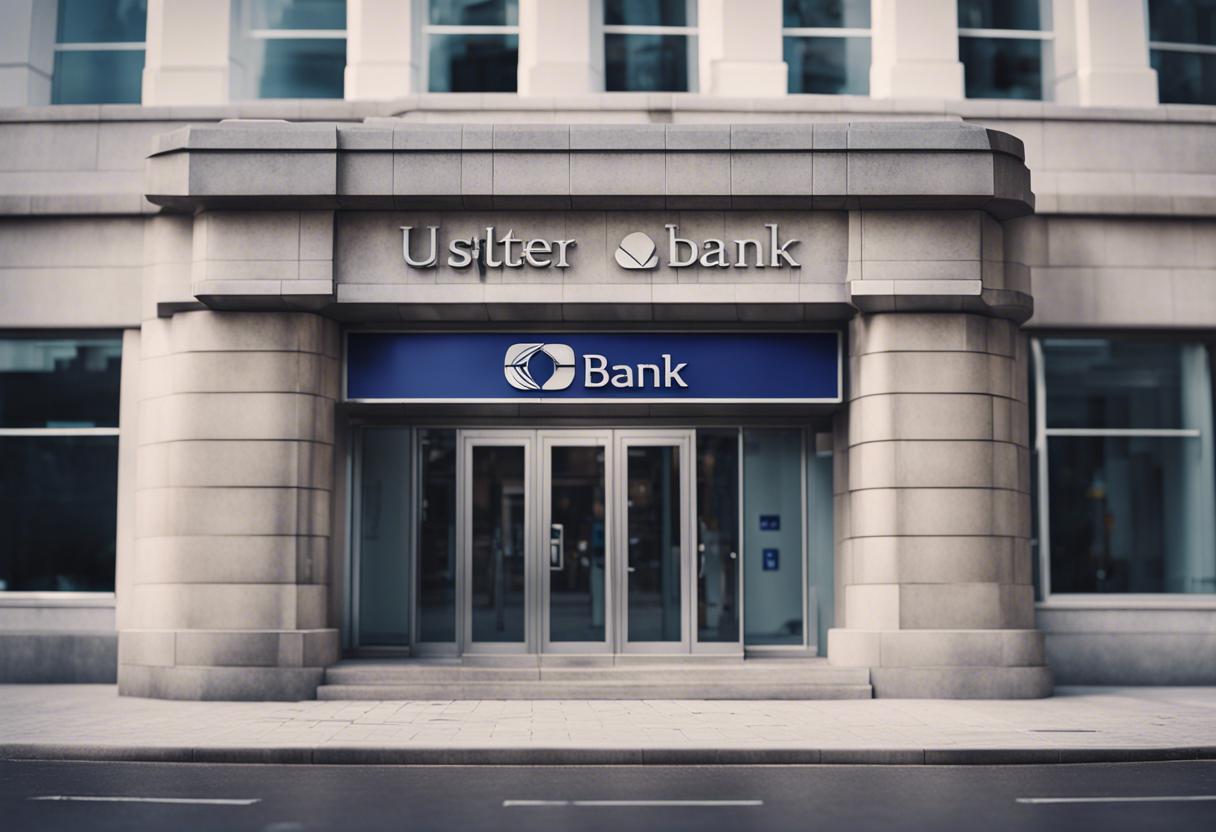Ulster Bank has started the process of writing off remaining personal credit card debts as part of its gradual exit from the banking sector in the Republic of Ireland. The bank has commenced distributing letters to customers with active credit card accounts, notifying them that their remaining balances have been cleared and the account will be closed.
The communication from the bank encourages customers to cease making future payments to their Ulster Bank credit card accounts and to promptly cancel any standing orders or direct debits. The bank assures that all funds received towards these accounts will be given back to the customer.
There are no pre-set limits on how much debt the bank will write off for individual customers, and while an official number hasn’t been disclosed, it’s thought that this initiative will affect thousands of customers. Details regarding the average credit card debt among impacted customers or the total write-off cost for the bank haven’t been shared.
Last September, the bank decided to close its business in Ireland and as of then, it had around 75,000 credit card customers. Notification had been sent to customers about the upcoming shutdown and they were given a half-year period to arrange alternative facilities as the Ulster Bank cards were deemed unusable from March of the previous year. It’s believed a large number of customers have since settled their accounts, but there are still thousands who have been progressively paying down their credit card debts over the past year and three months.
Ulster Bank explains that the debt write-off will not impact the credit scores of those customers who had unpaid credit card balances, provided they had been making consistent monthly payments or following a payment plan. They will inform the Central Bank of Ireland’s Consumer Credit Registry that the outstanding credit card debts have been settled as per the account’s terms and conditions.
However, customers who’ve neglected their outstanding debts may fall under the risk of receiving a negative credit rating. The bank has also contacted customers who have not made regular payments and haven’t communicated with the bank about their outstanding balances, giving them a 60-day notification period to either pay their balance or negotiate alternative payment methods.
“If a client fails to respond after this communication, the amount owed will be cancelled and it will negatively affect their credit score (if the credit limit is £500 or more). This could have a detrimental effect on their future opportunities for securing credit or obtaining loans.”
Traditionally, banks have a mandate to log loans with a credit limit of £500 and above into the register – Ireland’s central database for credit ratings.
The unresolved credit card debts stand among the last issues for the bank to resolve before its final exit from the market. It is also currently overseeing the transference of its second batch of tracker mortgages to competing bank, AIB, and the transferring of a £400 million portfolio of previous offset mortgages to ICS Mortgages’ parent company, Dilosk.
These offset mortgages followed the ECB rate, enabling about 4,000 participating customers to lessen their mortgage interest payments by utilising funds from their regular or savings accounts to reduce the amount of the loan. Both transfers are set to be completed by year’s end.

